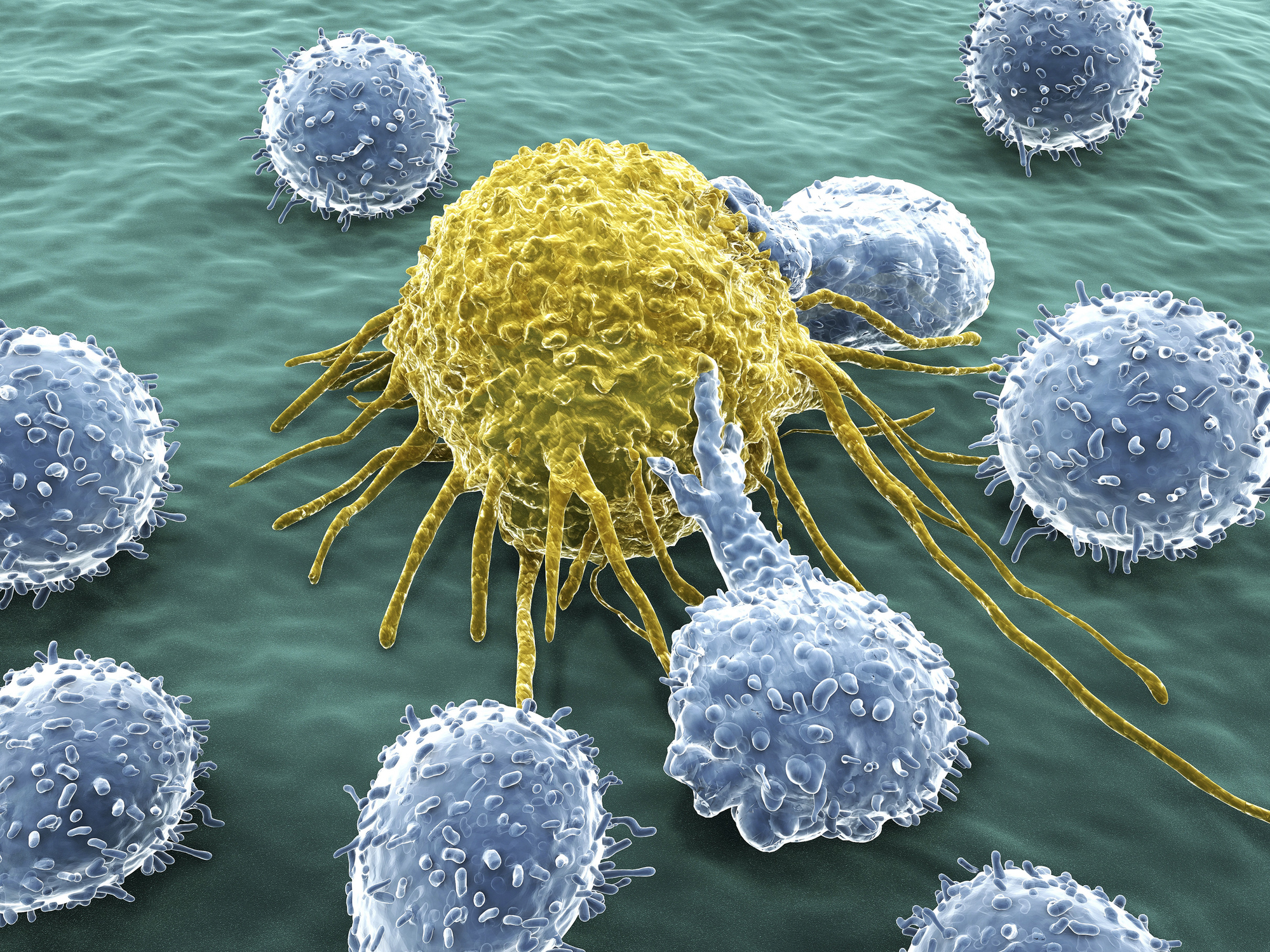Scientists from the Indian Association for the Cultivation of Science (IACS), Kolkata, have identified a new therapeutic target by activating a DNA repair enzyme called Tyrosyl-DNA phosphodiesterase 1 (TDP1). This discovery could pave the way for combination therapy, offering hope for patients who are resistant to existing cancer treatments.
Current anticancer drugs like Camptothecin, Topotecan, and Irinotecan focus on inhibiting the enzyme Topoisomerase 1 (Top1), which is essential for DNA replication and transcription. However, cancer cells often develop resistance to these drugs, leading researchers to explore alternative treatment strategies.
The study, published in the EMBO Journal (2024), was led by Prof. Benu Brata Das and highlights two key proteins: Cyclin-dependent kinase 1 (CDK1) and TDP1. The researchers discovered that cancer cells can survive Top1-targeted chemotherapy by activating TDP1, which helps repair damaged DNA during cell division. This process allows the cancer cells to counteract the effects of chemotherapy and continue proliferating.
The research revealed that CDK1, a regulatory enzyme involved in cell division, plays a crucial role in the DNA repair process by phosphorylating TDP1, enhancing its ability to repair DNA breaks caused by Top1 inhibitors. This phosphorylation was found to be critical for cancer cells’ survival during chemotherapy targeting Top1.
“Our findings demonstrate that CDK1 directly regulates TDP1, enabling cancer cells to repair DNA damage from Top1 inhibitors,” said Prof. Das. “By inhibiting both CDK1 and TDP1, we can potentially overcome drug resistance and improve treatment outcomes.”
The study suggests that combining CDK1 inhibitors—such as avotaciclib, alvocidib, roniciclib, riviciclib, and dinaciclib—with Top1 inhibitors could enhance the effectiveness of cancer therapies. This dual approach disrupts the DNA repair mechanisms of cancer cells, increasing their vulnerability to treatment.
“We discovered that the phosphorylation of TDP1 by CDK1 is essential for cancer cells to manage DNA damage during cell division. Inhibiting CDK1 could induce chromosome instability, making it harder for cancer cells to survive,” Prof. Das added.
By targeting both CDK1 and TDP1, this study opens the door to precision medicine approaches that could be particularly effective against cancers resistant to conventional treatments. Further studies using animal models are underway to validate this innovative approach and its potential for clinical use.




















